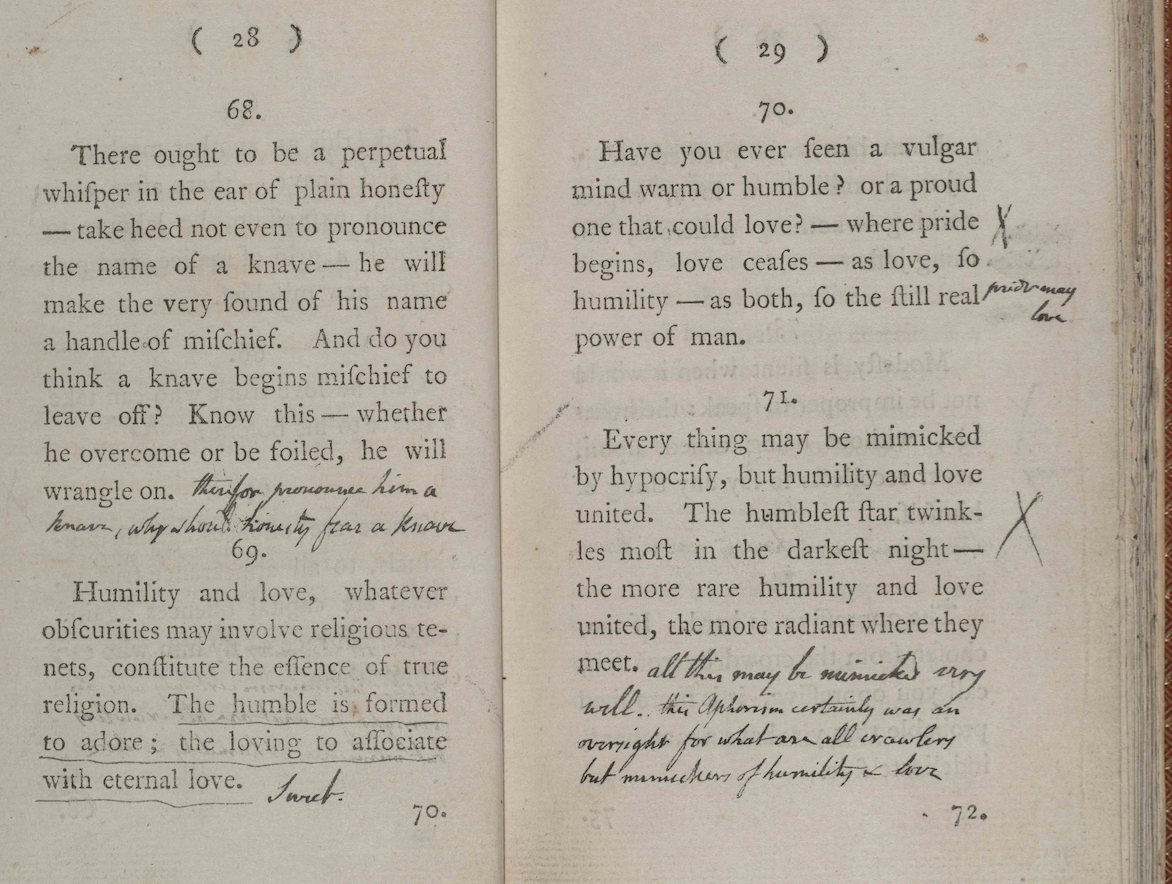This summer, members of BAND have made serious headway on numerous projects. Receipts and letters have been transcribed and edited, many transcriptions have been proofread, provenance information has been collected, and Teams Marginalia and Color Code have been working to make guidelines for these projects as a whole.
As I wrap up my work with the Archive, I decided to deviate from posting specifically about my work, instead, choosing to write about a family of groundhogs living outside the window of the Archive Office. If you follow us on Twitter, you may have read Sarah’s posts about them in late May. Regardless, they provided much amusement for us working at the Archive over the summer. Sometimes, we’d take breaks to watch the young groundhogs playing, and on more than one occasion, we found ourselves looking up information about them online–in lieu of working on Blake…
Continue reading

